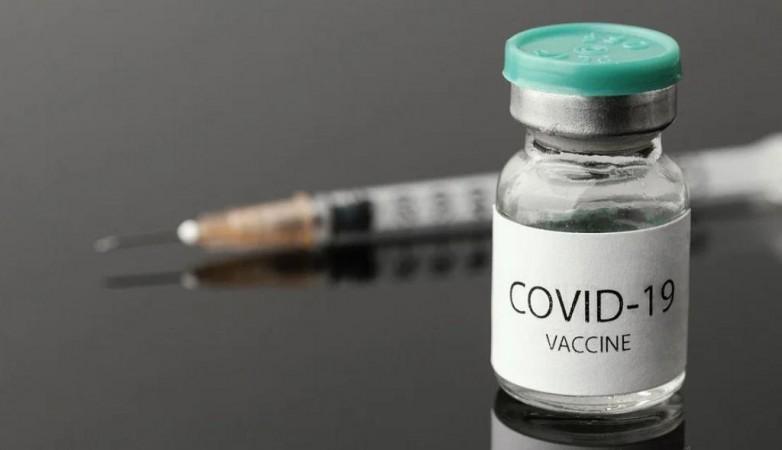Since the onset of the COVID-19 pandemic, scientists have emphasized that there are certain groups that are at a higher risk of the SARS-CoV-2 coronavirus infection and severe outcomes. They include pregnant and recently pregnant women as well, and they have been labeled as high-priority candidates for vaccination. However, the effect of vaccines on lactating mothers is yet to be ascertained. Now, scientists have reported that mRNAs (messenger RNA) from COVID-19 vaccines are not found in human breast milk.
According to a new study by researchers from the University of California-San Francisco, in the breast milk from lactating mothers who received mRNA COVID-19 vaccines, no traces of mRNAs were detected. The study is the first to provide direct data that vaccines are safe during breastfeeding and offer evidence that mRNAs from vaccines are not transmitted to infants.
"We didn't detect the vaccine-associated mRNA in any of the milk samples tested. These findings provide an experimental evidence regarding the safety of the use of mRNA-based vaccines during lactation," said Dr. Yarden Golan, lead author of the study, in a statement. The study was published in the journal JAMA Pediatrics.
Looking for Traces of Vaccine

According to the United States Centers for Disease Control and Prevention (CDC), pregnant and recently pregnant women are at a high risk of contracting COVID-19 and developing severe disease. The WHO has strongly recommended that breastfeeding mothers receive vaccination against the SARS-CoV-2. However, doubts surrounding the safety of infants following this continue to persist. Therefore, the authors set out to investigate whether mRNAs from two vaccines—Pfizer-BioNTech and Moderna—could make their way into the breast milk of vaccinated mothers.
The study was carried out from December 2020 to February 2021. 7 lactating mothers were recruited for the study. Their mean age was 37.8 years and the ages of their children were between 1 month to three years. The self–collected milk samples were obtained before vaccination, and at different times—4 to 48 hours—following vaccination.
One of the two mRNA vaccines was used to inoculate the women. Along with isolating total RNA from the milk, the authors conducted RT-PCR (real-time quantitative polymerase chain reaction) tests that targeted the mRNAs used in both vaccines. The supernatant and fat were analyzed separately for all samples. Milk samples prior to vaccination were used as negative controls.
No mRNAs Detected in Breast Milk

It was found that of the 13 samples that were collected from the volunteers, none of them contained any detectable levels of COVID-19 vaccine mRNAs. Additionally, the authors also stated that any traces of mRNA below detectable levels would be degraded by the gastrointestinal system of the infant; thereby reducing the likeliness of infants being exposed to the vaccine.
"The results strengthen current recommendations that the mRNA vaccines are safe in lactation, and that lactating individuals who receive the COVID vaccine should not stop breastfeeding," averred Dr. Stephanie L. Gaw, corresponding author of the study. Nevertheless, the authors admitted that the small sample size was a limitation. They expressed that additional clinical data must be acquired from larger populations for better evaluation of the vaccines' outcomes on lactation.











